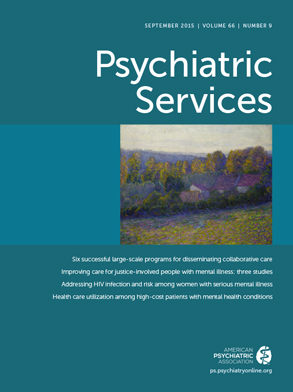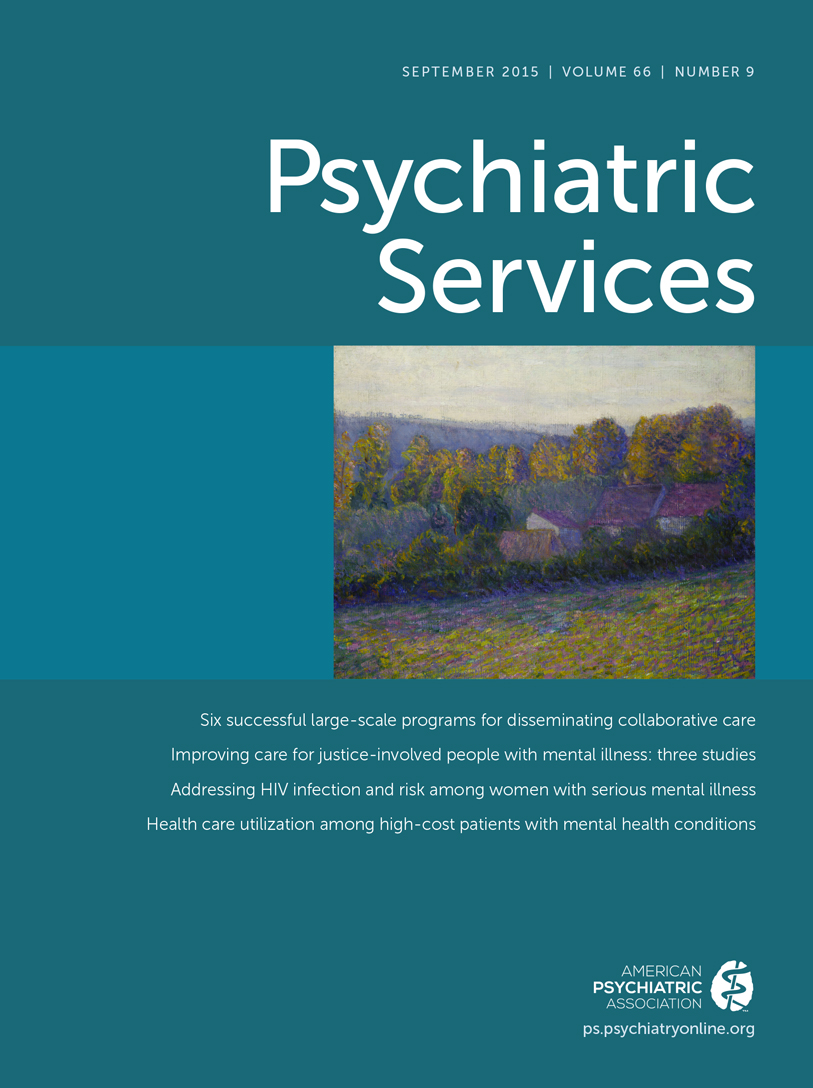Reflecting his long-standing interest and fellowship training in cross-cultural psychiatry, Neil Aggarwal looks at the theory and practice of psychiatry through the lens of an anthropologist as he surveys the complexity of the psychiatrist’s role in the war on terror in this important book. Early attracted to the interdisciplinary perspective of Michel Foucalt, Aggarwal provides a perspective that will challenge the complacency of psychiatrists as they enter the culturally complex arena of mental health in this era. During our training as mental health practitioners, we all were taught the importance of assessing our patients accurately in their cultural context. Here Aggarwal confronts us with the importance of understanding that psychiatrists, too, are embedded in a cultural context that affects the manner in which they understand their clients’ behavior, and it inevitably affects diagnosis and treatment.
At the 2005 major terrorism summit in Madrid, a committee on the psychological roots of terrorism, which I chaired, included in its consensus statement that “it is not going too far to assert that terrorists are psychologically normal”—in the sense of not being clinically psychotic. They are neither depressed, nor severely emotionally disturbed, nor crazed fanatics. In fact, terrorist groups and organizations regularly screen out emotionally unstable individuals. They represent, after all, a security risk. “But if not individual psychopathology, then what?” The committee concluded that “it is group, organizational and social psychology that provide the greatest analytic power in understanding this complex phenomenon,” that “terrorists have subordinated their individual identity to the collective identity.” Aggarwal powerfully stresses the importance of the social field of the terrorist and of the examining psychiatrist.
In his chapter on bioethics, Aggarwal stresses the dilemma of dual loyalties. This is particularly relevant for the military psychiatrist. He explores the challenges of how to resolve the conflicting issues of operating in the command hierarchy and being true to the ethical imperatives of the Hippocratic Oath.
In a chapter devoted to the complexity of the role of the psychiatrist in cases involving the Guantanamo detainees, he persuasively demonstrates the differing interpretive contexts of working for the defense versus working for the prosecution, as psychiatrists interpret patients’ symptoms. The chapter on the psychology of suicide terrorism is especially powerful concerning the requirement of the examining psychiatrist to be actively aware of the manner in which the patient has been socialized, that the individual has been promised rewards for martyrdom, such as a higher place in the afterlife, a place in Paradise. In an interesting chapter on deradicalization programs, Aggarwal directs attention to the central role played by moderate Muslim clerics in several of the programs, noting the tendency of psychiatrists to operate in a medical hierarchy, whereas challenging beliefs to which they have been socialized by religious authorities may be quite efficacious.
This book should be considered required reading for psychiatrists and mental health professionals interested in the psychology of Islamist terrorism, especially those who will be involved with the evaluation and treatment of terrorists. It is an exemplar of the manner in which the lens of transcultural psychiatry can clarify our perspective as we try to understand the complexities of the manner in which ordinary people can be socialized to righteously pursue the path of political extremism.

